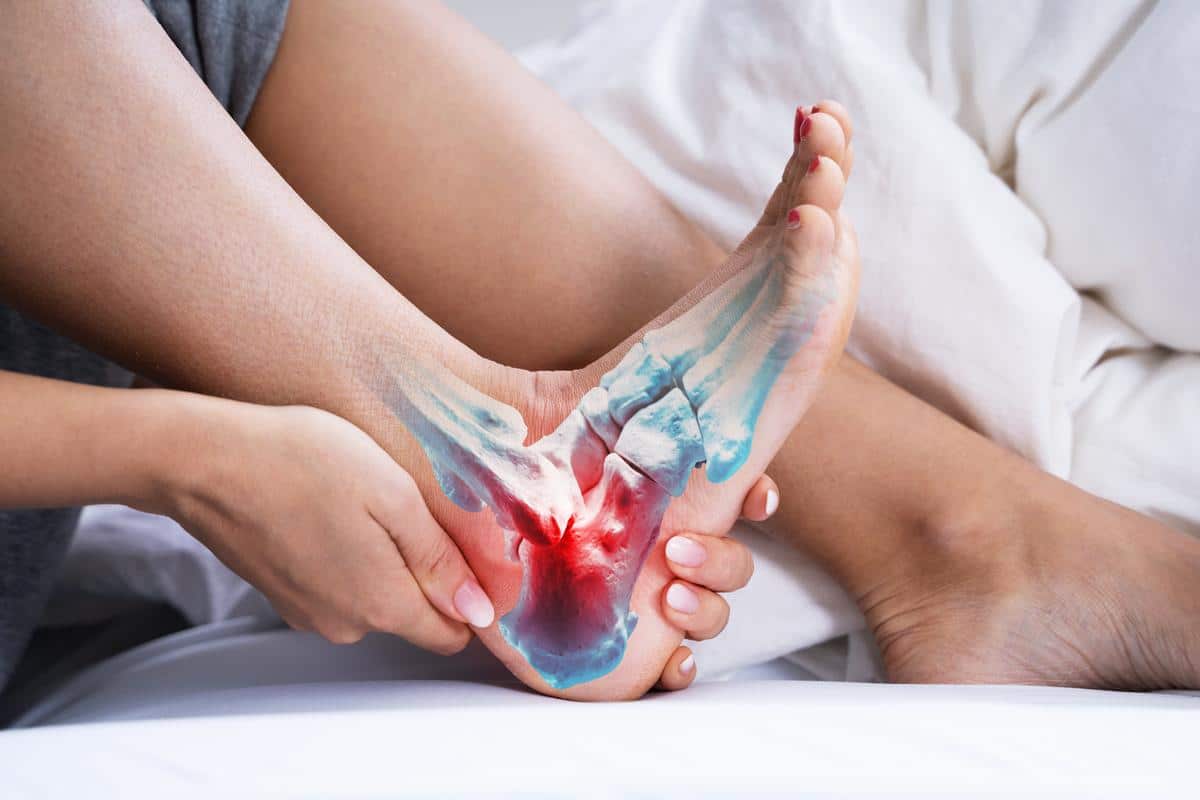Dislocated joints are often very painful and force the ends of your bones to be visibility out of place and swollen.
Most dislocations are caused by a fall or a blow, and sometimes from playing a contact sport.
Your ankles, fingers, shoulders, knees, hips, elbows and jaw can easily become dislocated with enough impact. When that happens, you may not be able to move it.
If you’ve suffered a dislocated joint, seek immediate medical attention.


The type of treatment you receive depends on which joint you dislocate and the severity of the injury. You may be required to be in a splint or sling and on medication. Sometimes rehab is required following the repositioning of a bone to help mend the injury.
Most damaged joints will begin moving like normal after a few weeks, if your bone is properly re-positioned. If you’ve dislocated your kneecap or shoulder, be sure to wear protective gear during physical activities to prevent another dislocation.
There are many risk factors for a joint dislocation, such as:
Some complications of a joint dislocation are:
Surgery may be required to repair any torn ligaments, tendons or muscles surrounding the joint.
To prevent a dislocation of the joint:
Everyone is different and every dislocation will heal in its own way. Most recover from joint dislocation in weeks. Severe dislocations, such as hips, can take several months.
If you received medical treatment immediately after your dislocation, chances are that it won’t lead to permanent injury. However, it’s important to remember that the area will be weak and has an increased chance of dislocation, if another injury were to occur.
To learn more about joint dislocation, its symptoms and how its treated, contact us today.






Payments Accepted: Cash, Credit, Debit, Health Savings Accounts, Flexible Spending Accounts